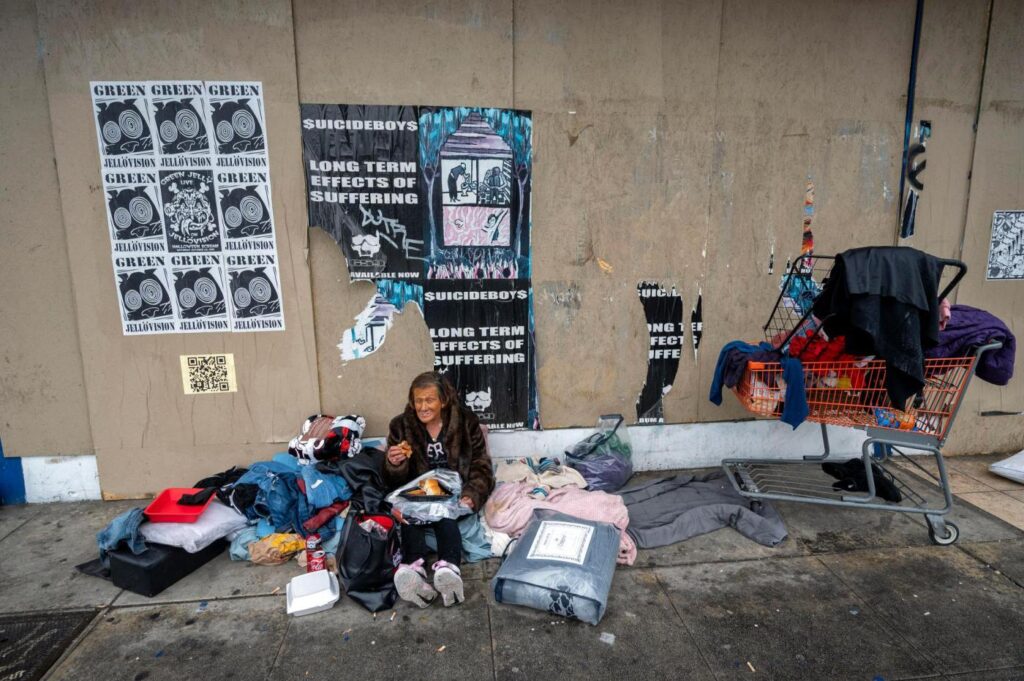
While the pandemic kept most Americans inside their homes over much of the past two years, tens of thousands of our unhoused neighbors had nowhere to call home. This tragedy grew exponentially during COVID in California and especially in Los Angeles, with life becoming increasingly bleak for the tens of thousands of people who lack shelter. On the flip side, residents fortunate enough to be housed have seen few results from local government’s largely disorganized efforts to curtail the crisis.
As Controller of the state’s largest city – also home of the state’s largest homeless problem – I am empowered to audit programs that use taxpayer dollars and make recommendations to improve them, which is what I’ve done with Proposition HHH, the most significant homeless housing program launched by a California city. When voters passed HHH in 2016, they expected Los Angeles to spend $1.2 billion to build thousands of units of supportive, interim and affordable housing, along with facilities, like restrooms and storage, to reduce homelessness. Yet, since then, homelessness in the region has jumped by 45 percent in L.A. alone and an average of four people each day have died on the streets.
HHH wasn’t sold to voters as a cure-all, but it was pitched as a historic step forward that would dramatically alleviate homelessness in our metropolis. After closely reviewing the program three times in the past four years, I can say that some, but not nearly enough, headway has been made. It is now widely viewed by residents as a case of politicians overpromising and under-delivering. While at least 41,000 people are homeless in Los Angeles today, just 1,100 HHH-funded units are finished, and most units won’t be done for another two to four years.
The program eventually will help 9,000 people move off the streets – a laudable achievement, but too little, too late. The magnitude of the homelessness emergency dwarfs both the benefits produced by HHH thus far and what it’s on track to accomplish.
It didn’t have to be this way. For years, my office identified the high costs and slow pace of development as key problems to address. Costs jumped from $350,000 per unit in 2016 to nearly $600,000 in 2021. One project where construction hasn’t even begun is estimating per-unit costs of $837,000. Some of the increases were preventable, like those created by bureaucratic red tape, and some, such as the spike in building material prices, were less so. But even the cost increases driven by market forces could have been curbed by using more funds to acquire existing and a more efficient development process. If Los Angeles does not find a way to bring down costs, some of these projects could rise to $900,000 or $1 million per-unit all too soon.
Related Articles
The war Putin can’t afford to lose
By coddling right-wing crazies, GOP imperils its future
Putin’s misadventure unites the West
Is Gavin Newsom thinking about running for president?
To prepare for emergencies, keep fiscal order
Another area where HHH went wrong was failing to fund more interim housing and facilities. Despite loud public demands for more rapid solutions, Los Angeles officials allocated just five percent of HHH funds for interim housing, restrooms, showers and storage facilities. Such a one-sided approach lessened the program’s immediate impact and left too many people on the streets. Future efforts to tackle homelessness through housing must do a better job balancing short-term needs and long-term goals. That means making room for quicker interim projects alongside supportive ones. It doesn’t have to be one or the other – we can do both.
Advocates are discussing another ballot measure to increase the homeless housing stock. If the lessons of HHH are not taken to heart, they risk being repeated as the homeless problem gets worse. This is something no one – unhoused or housed – can afford.
Ron Galperin is the elected Controller of the City of Los Angeles. He oversees a department that conducts independent audits, manages payroll and spending, prepares financial reports, and pursues fraud and waste. Galperin audited Prop. HHH in 2019 and 2020 and released an updated review this week.
